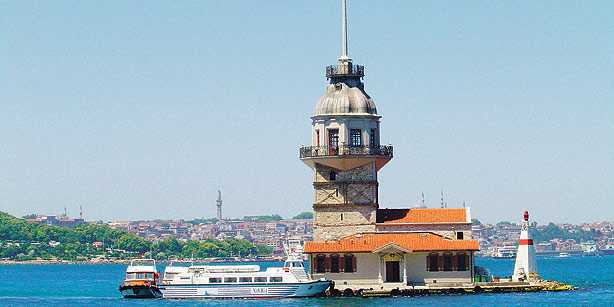The Gazette
Published: Monday, August 04
Turkey’s highest court has made a sensible decision in rejecting a suit, brought by the country’s chief prosecutor, to ban the ruling Justice and Development Party. Outlawing the party would have meant banning dozens of politicians including – preposterously – Prime Minister Recep Tayyip Erdogan and President Abdullah Gul.
Turkey is a volatile political stew, including a large Muslim majority, a secular constitution, and a secular, intervention-prone military. Sustaining the democratic rule of law in such an environment is a complicated legal and political challenge. This decision, although it came in a narrow split decision of the Constitutional Court, helps.
Turkey’s 70 million people spoke clearly last year, when the Justice and Development Party, which is frankly a religious Islamic party, won a sweeping parliamentary majority with 47 per cent of the popular vote in multi-party elections. But in Turkey, as elsewhere, ambiguity runs in the arteries of political parties, especially once they take power, and Justice and Development has governed with less religious zeal than its foes had feared.
That’s good, because the stakes are high in Turkey, which has been called the most important political project in the world today. Bridging as it does east and west, Turkey is a model of a democratic country whose population is majority Muslim and which has achieved real political, social and economic advances.
Turkey stands as a genuine example to the rest of the world that democracy, far from being Islam’s enemy, can in fact be perfectly compatible with it.
The legal move against the ruling party was spurred by what we might call secular fundamentalists, who saw danger in a government initiative to allow women to wear headscarves on university campuses. Ever since the days of fiercely secular and still widely beloved reformer Kemal Ataturk, who died in 1938, such symbols of religion have been carefully constrained in Turkey.
But the courts had already struck down the headscarf law. For the judges to have legitimized the outlawing of a popular – and apparently competent – administration could have plunged the country directly into dangerous political tumult.
And for what? Erdogan’s party has not undermined the principles of secular democracy in any serious way we can see, and has in fact liberalized a number of economic and social policies. The PM, eager to get Turkey into the European Union, has repeatedly disappointed his harder-line religious followers.
At least some of the existing tension between the secular and the religious in Turkey comes, we think, from misplaced fears. Many experts say the shift into positions of power of more observant Turks from Anatolia is plausibly more the result of a social and economic movement than a religious impulse. But the country’s entrenched elite – in the military and the secular ruling class – is unhappy with the political success of the new, more religious middle class. The old establishment remains convinced that Erdogan’s party intends to subvert the the secular constitution.
The military needs to acknowledge that the courts should be the legitimate and primary guardian of the constitution. With this week’s ruling, the courts have strengthened their own position as arbiters of common sense.
Turkey has faced a constitutional crisis, and survived, intact. This is good news, and not only for the people of Turkey.


Leave a Reply